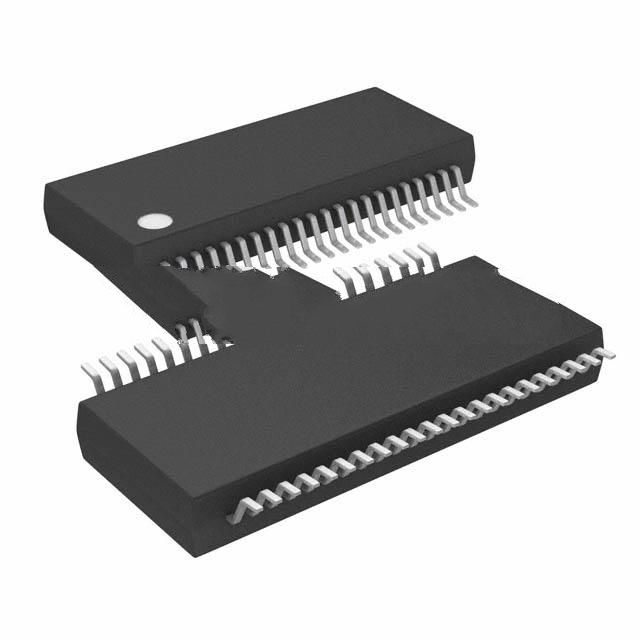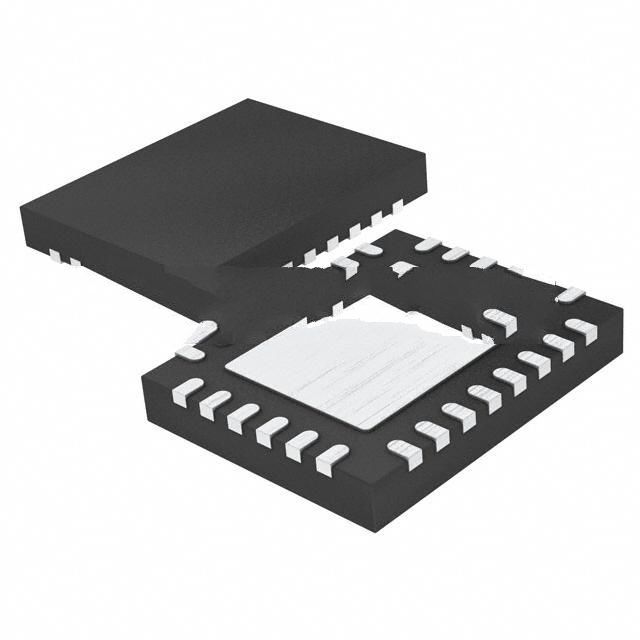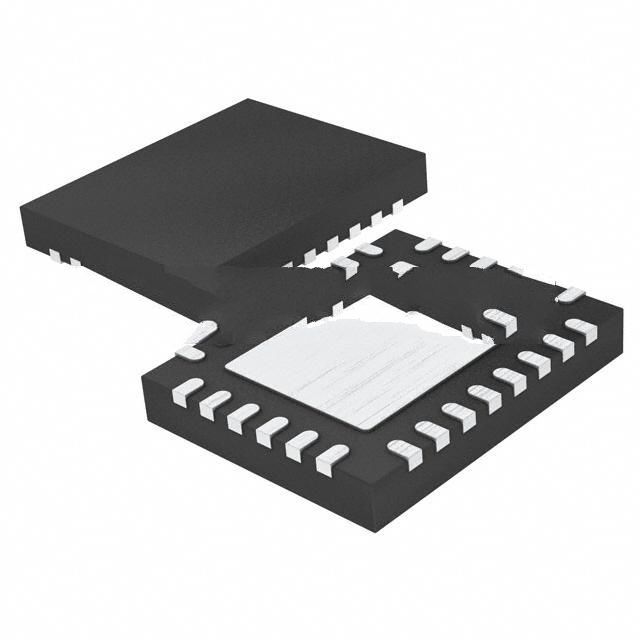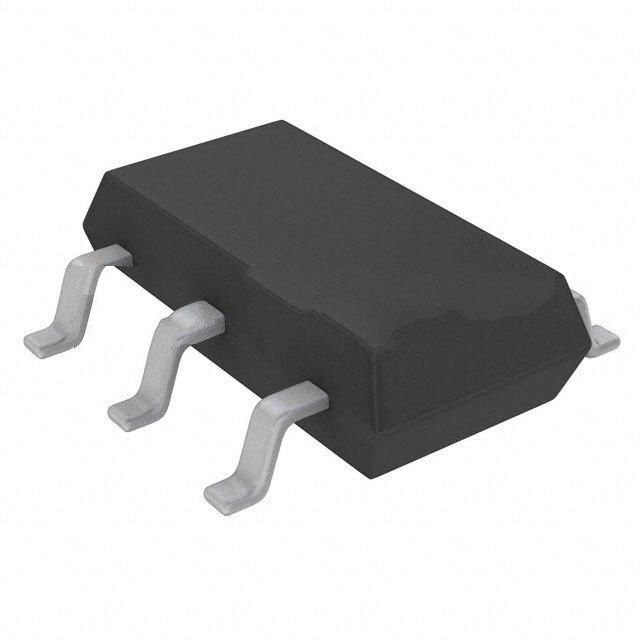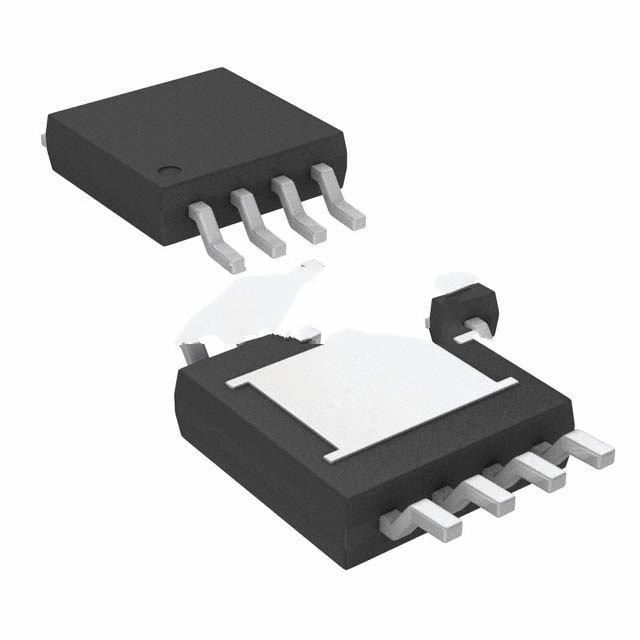LTC6811IG-2#3ZZTRPBF Product Introduction:
Linear Technology (Analog Devices, Inc.) Part Number LTC6811IG-2#3ZZTRPBF(PMIC - Battery Management), developed and manufactured by Linear Technology (Analog Devices, Inc.), distributed globally by Jinftry. We distribute various electronic components from world-renowned brands and provide one-stop services, making us a trusted global electronic component distributor.
LTC6811IG-2#3ZZTRPBF is one of the part numbers distributed by Jinftry, and you can learn about its specifications/configurations, package/case, Datasheet, and other information here. Electronic components are affected by supply and demand, and prices fluctuate frequently. If you have a demand, please do not hesitate to send us an RFQ or email us immediately sales@jinftry.com Please inquire about the real-time unit price, Data Code, Lead time, payment terms, and any other information you would like to know. We will do our best to provide you with a quotation and reply as soon as possible.
Introducing the LTC6811IG-2#3ZZTRPBF, a cutting-edge product from Linear Technology (Analog Devices, Inc.) that revolutionizes battery management systems. This high-performance integrated circuit offers a wide range of features and is designed to meet the demanding requirements of various applications.
The LTC6811IG-2#3ZZTRPBF boasts an impressive set of features, including a 12-cell battery stack monitor, a 16-bit delta-sigma ADC, and a precision voltage reference. With its high accuracy and low noise performance, this device ensures accurate measurement and monitoring of battery voltage, current, and temperature.
This product is ideal for a wide range of applications, including electric vehicles, energy storage systems, and industrial equipment. Its robust design and advanced functionality make it suitable for both single-cell and multi-cell battery packs. The LTC6811IG-2#3ZZTRPBF enables efficient battery management, prolonging battery life and enhancing overall system performance.
Furthermore, this product offers a comprehensive set of safety features, including overvoltage and undervoltage protection, overcurrent detection, and temperature monitoring. These features ensure the safe and reliable operation of battery systems, preventing damage and maximizing system uptime.
In summary, the LTC6811IG-2#3ZZTRPBF from Linear Technology (Analog Devices, Inc.) is a state-of-the-art battery management solution. With its advanced features and wide range of applications, it is the perfect choice for anyone seeking to optimize battery performance and ensure the safety and reliability of their systems.
Battery Management refers to integrated circuits that integrate the functions of battery monitoring, control, protection and optimization. Through real-time monitoring and intelligent regulation of the battery status, it ensures that the battery can maintain the best performance in various working environments, extend the service life, and improve the safety and reliability of the entire system.
Application
Battery Management is widely used in all kinds of electronic devices, especially those portable devices that rely on battery power, such as smartphones, tablets, laptops, wearables, drones, electric vehicles, etc. In the field of smart phones, PMIC not only manages the charging and discharging process of the battery, but also participates in the power consumption management of the system, and extends the battery life of the phone by intelligently adjusting the power supply of various components. In the field of electric vehicles, PMIC is responsible for the monitoring and management of the entire battery pack to ensure the safe operation and efficient charging and discharging of the battery pack.
FAQ about PMIC - Battery Management
-
1. What are the main functions of a PMIC battery management system?
The main functions of a BMS include charge and discharge control, battery balancing, power monitoring, temperature protection, overvoltage/undervoltage protection, and fault detection, etc., to ensure battery safety and efficient operation.
-
2. What is the difference between a BMS and a battery charger?
The BMS is responsible for monitoring and managing the safety and health of the battery pack, while the battery charger only provides charging current. The BMS ensures that the battery is not overcharged, over-discharged, and overheated through charge and discharge management.
-
3. How does the battery management system improve battery safety?
BMS monitors battery voltage, current, temperature and other parameters, and promptly cuts off the current, performs temperature adjustment or other protection operations to prevent safety hazards such as short circuit and overheating of the battery.
 Lead free / RoHS Compliant
Lead free / RoHS Compliant








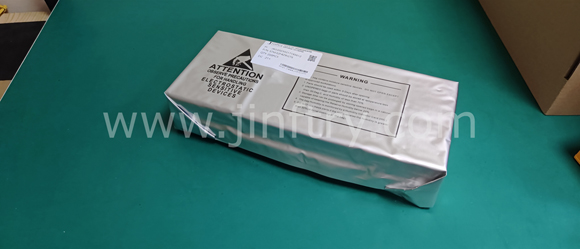
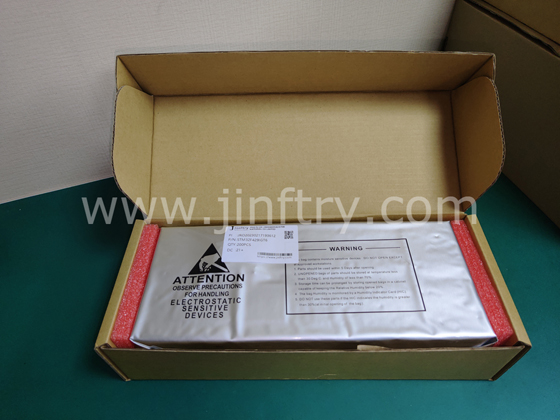
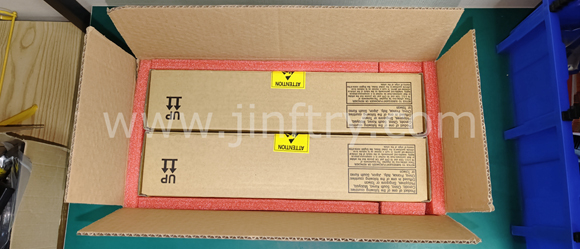







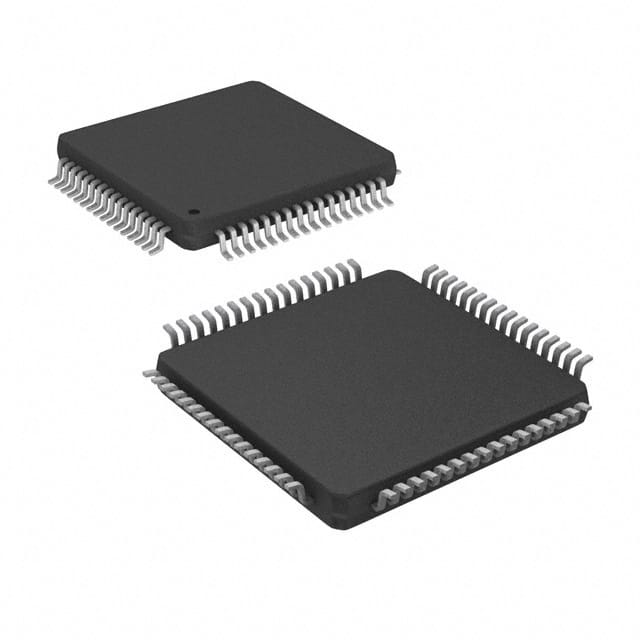



.jpg)
